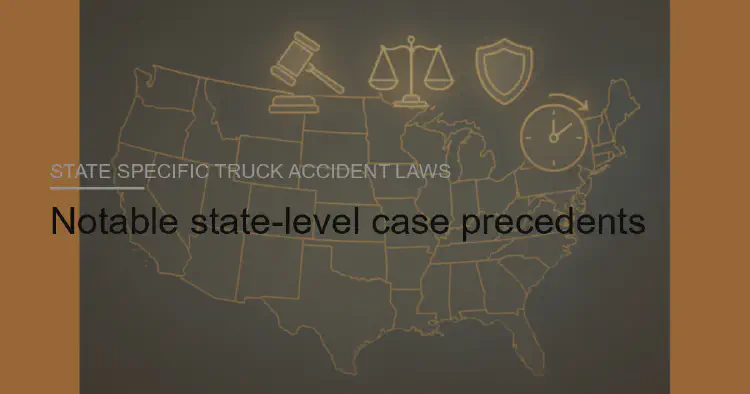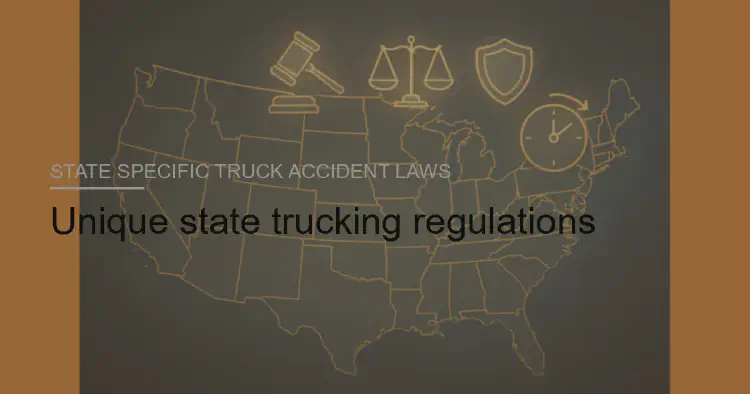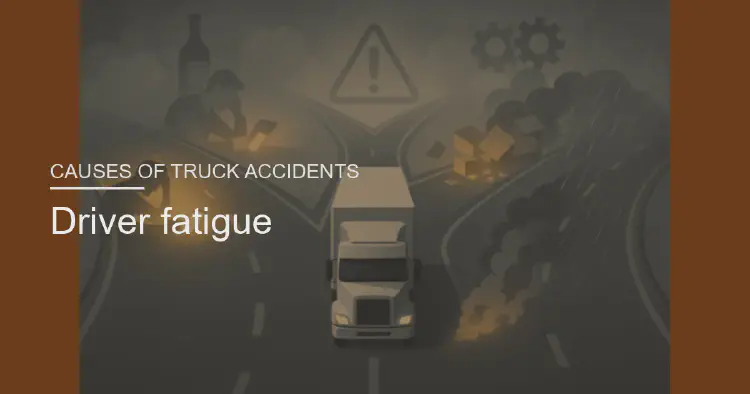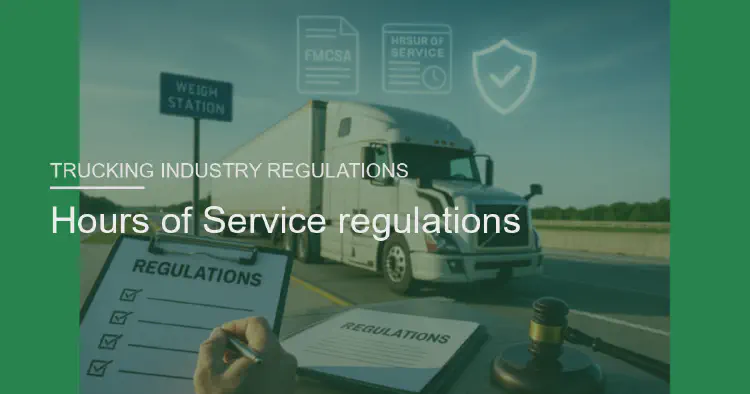
Notable state-level case precedents
State courts across the U.S. have issued influential rulings in truck accident cases. These precedents shape how liability, damages, and regulations are interpreted at the state level.

State courts across the U.S. have issued influential rulings in truck accident cases. These precedents shape how liability, damages, and regulations are interpreted at the state level.

While federal rules under the FMCSA create a baseline for trucking operations, individual states impose additional regulations. These state-specific rules can significantly impact liability and compliance in truck accident cases.

Modern commercial trucks are equipped with electronic systems that record vital operational data. Known as 'black boxes' or Event Data Recorders (EDRs), along with GPS trackers, these devices provide crucial insights into what happened before and during a crash.

Fatigue is one of the leading human factors in truck accidents. Long hours on the road, demanding schedules, and insufficient rest put truck drivers at high risk of exhaustion, which can have deadly consequences.

Driver fatigue is one of the leading causes of truck accidents in the United States. To address this, the FMCSA enforces strict Hours of Service (HOS) regulations that dictate how long truck drivers can be on the road before resting.

Truck accident cases in the United States operate within a dual legal framework shaped by both federal and state laws. Understanding how these layers interact is essential for determining liability and compliance.